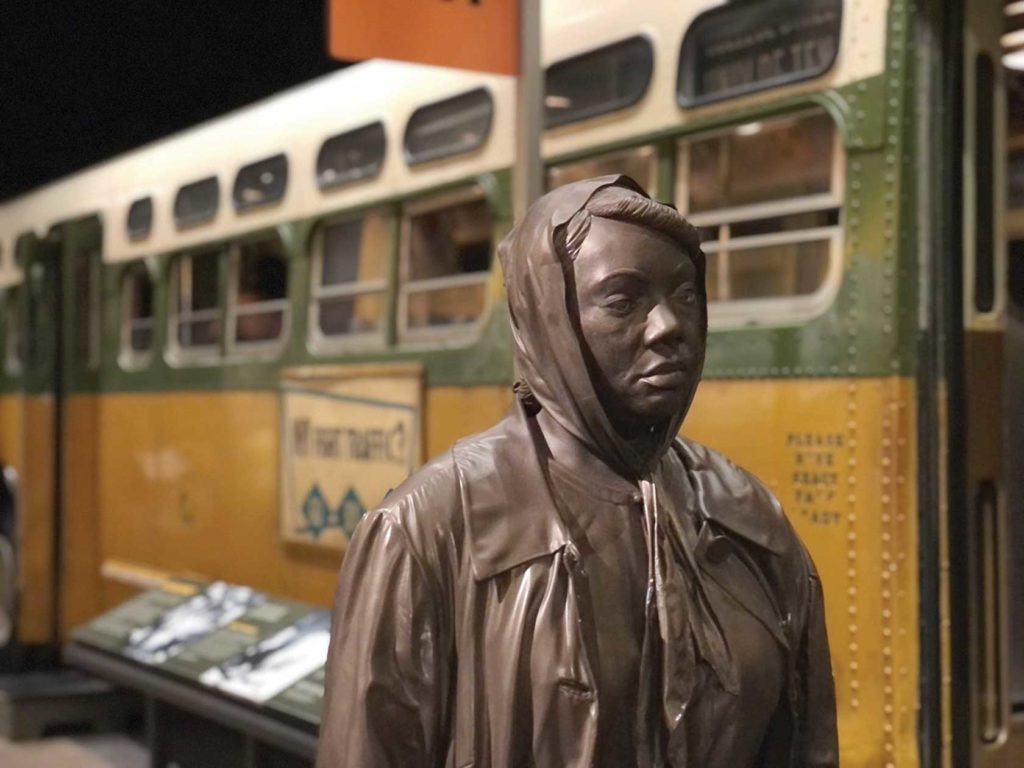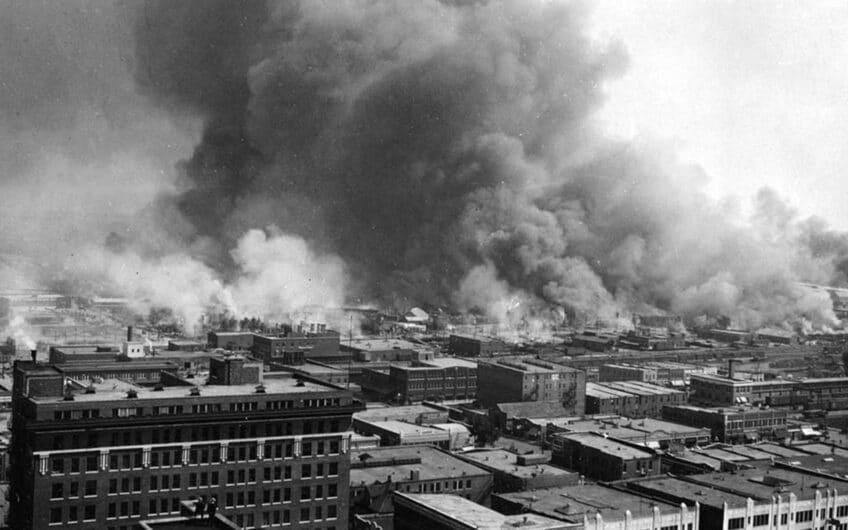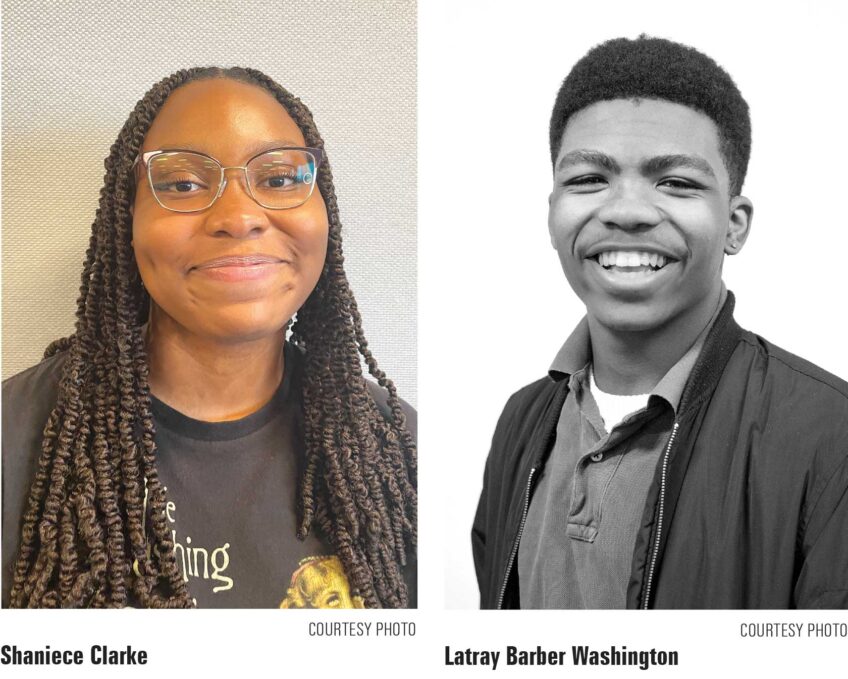Black history, music comes to life in Memphis
Historic sites abound in city at gateway to Mississippi Delta

MEMPHIS — First-time visitors to the Volunteer State, with its deep wellspring of musical heritage and Black history, will find flavors of both throughout Tennessee, but no place rivals Memphis for its evocation of Black musical traditions and the struggle for equal rights.
From the blues bars of Beale Street to the Lorraine Motel and the National Civil Rights Museum, the city along the “Mighty Mississipp” features a nearly unrivaled legacy of Black history and culture.
The broad currents of humanity flow through the city like the powerful currents of the iconic river, carrying unexpected surprises as well as the landmark touchstones of music and history.
On a June night, a stroll down Beale Street offers 12-bar blues, soul and R&B classics pouring out the open doorways and tall windows of the pulsing heart of Memphis’s music scene.
But there is another rhythm in this warm summer evening, from a phalanx of motorcycles and Black riders, numbering close to a thousand, up and down both sides of the four-block district.
Everything from rap to gospel pumps out of the machines’ powerful sound systems. Heavily muscled cyclists and their manicured admirers lean against cast-iron lampposts, flirt on the sidewalks, and cross over the worn thresholds of the old clubs to catch a song or two in the endless sets.
“Bike Night on Beale,” which runs every Wednesday from mid-April to mid-September, is not the ideal evening for taking in the clubs but is a great night for seeing a distinctive and very un-Boston slice of Black Southern life in full peacock splendor.
The next day, 30 minutes from the center of town, a tour of the home of Stax Records – the Motown of Memphis — reveals that Aretha Franklin, the Queen of Soul, was born just a few blocks away.
A detour to shaded Lucy Avenue, a neighborhood dotted with empty lots and shotgun shacks, ends with a stop in front of her 1942 birthplace, a vacant frame dwelling enclosed by a chain link fence and identified by a historical sign set into the weed-filled yard. Several elderly gentlemen rock on a front porch across the street.
Except for the summer crickets and the fading whistle of a distant train, all is quiet and still. Solemn, like the moment before the first organ chord would strike and Aretha’s liquid voice, the sound that sold 75 million records, would rise like a prayer, gathering strength with every note until exploding in a crescendo of power and glory.
It’s like standing before the ruined temples of the other Memphis, the one in Egypt, and imagining the honeyed cries of the priests singing to the gods.
Stax Studios on nearby East McLemore Avenue had a chance to sign Aretha to a contract, but the relatively new label couldn’t afford the advance needed to add the Memphis native, by then a well-established musical star, to a lineup that included Wilson Pickett, Sam & Dave, Booker T. & the MGs, and Rufus and Carla Thomas.
The old Capitol Theater taken over by Stax founders Jim Stewart and his sister Estelle Axton hosted some of the greatest recordings in musical history, including an unscheduled appearance by the unknown Chitlin’ Circuit singer Otis Redding, who had driven a friend to the studio and was invited to perform a few songs after the session ended early. “These Arms of Mine” burst onto the musical scene in 1962.
The Stax Museum of American Soul Music features memorabilia throughout its winding display route — spangled costumes and rare instruments, Isaac Hayes’ glittering custom Cadillac Eldorado and even a one-room church where the gospel sounds of the Mississippi Delta were adapted in Saturday night secular revels to become rhythm and blues.
If musical nostalgia is the emotion evoked by a Stax visit — or to its crosstown counterpart, Sun Studios, where Johnny Cash, Elvis Presley, Carl Perkins and Jerry Lee Lewis completed the crossover of R&B to white audiences — spiritual nostalgia, deeper still, lies at the core of a pilgrimage to the Lorraine Motel, where, on April 4, 1968, an assassin’s bullet ended the dream of Dr. Martin Luther King Jr.
The National Civil Rights Museum, built around the modest hostelry, is a four-hour immersion into not just the searing incident that set cities aflame, but also the four-century background of the struggle for equal rights, reaching back to the Middle Passage and on through slave revolts, revolution, civil conflict, court battles and other steps in the long march to freedom.
During the era of segregated accommodations, the Lorraine was one of a few Memphis hotels where African American travelers could stay overnight. Recording artists like Aretha Franklin and Ray Charles signed the guest register. And, of course, Dr. King.
Like a good Baptist sermon, there is a dramatic build-up to visiting the meticulously preserved second-floor rooms where King slept and met with his aides during his last visit to march with striking Memphis sanitation workers.
Graphic depictions of the global slave trade, including the massive wealth accumulated in the business of human bondage, form the first gallery in the museum trek. An original lunch-counter where students protested segregated public accommodations comes later. An orange Montgomery bus with the bronze figure of Rosa Parks sitting up front captures the spirit of the 1955 bus boycott. A torched Greyhound bus from the landmark Freedom Rides of 1961 serves as a reminder of the sacrifices of those like John Lewis who put their lives on the line.
But nothing fully prepares you for seeing the chambers where King and his friends organized their Memphis crusade and viewing the balcony where the Nobel laureate joked with his friends just before the fatal shot. Hushed like church, charged with dread — not unlike the atmosphere in the empty tomb of the Church of the Holy Sepulcher in Jerusalem.
You almost fear to look around the corner to the spot where King, jovial and relaxed, glanced down at his friend, musician Ben Branch, who was to perform that night at a fundraiser, and said, “Ben, play ‘Precious Lord’ in the meeting tonight. Play it real pretty.”
Those were his final words. A shot from the bathroom window of a rooming house across the street tore through his throat, silencing the voice that moved a nation and stirred the world.
Memphis is a moving tribute to the full range of the joys and sorrows of Black life, acting as a coda to Langston Hughes’ poetic assertion of African American identity: “I, too, sing America.”
Even Graceland, the borderline-tacky homestead of Elvis Presley, serves up reminders of the African American roots of our national culture. The future King spent formative years in Tupelo, Mississippi, just south of Memphis, and grew up surrounded by Black gospel music and shotgun-shack blues halls. A scene of the young Elvis from the eponymous biopic released last year shows the barefoot Tupelo boy transfixed and shaking beneath the rejoicing hands and gospel shouts at a Pentecostal tent revival — rhythms he internalized and turned into stardom in the alchemy of fame.
No visit to Memphis is complete without barbeque and a sunset ride on a Mississippi paddle-wheeler. Boats launched from the river slip just off downtown offer ribs and a ride, and music as well — the sounds of sweet soul and grinding blues echoing off the waters as the sun goes down over Arkansas.
For accommodations, nothing beats the old Peabody Hotel in the middle of the commercial district, just a short walk from Beale Street, and featuring the daily ritual of its resident ducks marching off the elevator from their rooftop perch to spend the day in the lobby fountain.
The ritual in reverse takes place during the cocktail hour as the expansive lounge fills with music. Patrons of every shape, color, size and accent create a genial roar — the prelude to another day in search of the hallowed sounds and hallowed grounds of Memphis.








